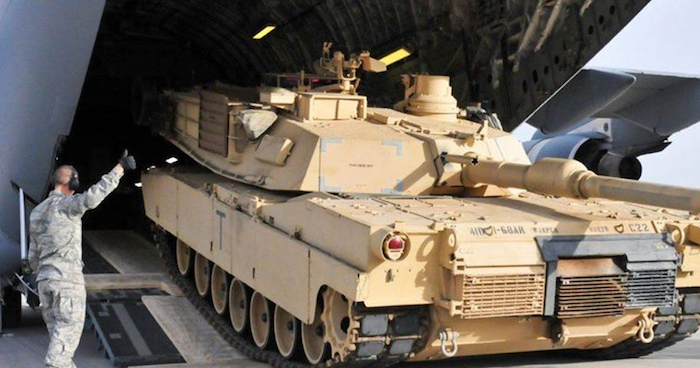|
By Ron Paul
Just over a week into the Trump Administration, the President issued an Executive Order giving Defense Secretary James Mattis 30 days to come up with a plan to defeat ISIS. According to the Order, the plan should make recommendations on military actions, diplomatic actions, partners, strategies, and how to pay for the operation. As we approach the president’s deadline it looks like the military is going to present Trump with a plan to do a whole lot more of what we’ve been doing and somehow expect different results. Proving the old saying that when all you have is a hammer everything looks like a nail, we are hearing increasing reports that the military will recommend sending thousands of US troops into Syria and Iraq. This would be a significant escalation in both countries, as currently there are about 5,000 US troops still fighting our 13-year war in Iraq, and some 500 special forces soldiers operating in Syria. The current Syria ceasefire, brokered without US involvement at the end of 2016, is producing positive results and the opposing groups are talking with each other under Russian and Iranian sponsorship. Does anyone think sending thousands of US troops into a situation that is already being resolved without us is a good idea? In language reminiscent of his plans to build a wall on the Mexican border, the president told a political rally in Florida over the weekend that he was going to set up “safe zones” in Syria and would make the Gulf States pay for them. There are several problems with this plan. First, any “safe zone” set up inside Syria, especially if protected by US troops, would amount to a massive US invasion of the country unless the Assad government approves them. Does President Trump want to begin his presidency with an illegal invasion of a sovereign country? Second, there is the little problem of the Russians, who are partners with the Assad government in its efforts to rid the country of ISIS and al-Qaeda. ISIS is already losing territory on a daily basis. Is President Trump willing to risk a military escalation with Russia to protect armed regime-change forces in Syria? Third, the Gulf States are the major backers of al-Qaeda and ISIS in Syria – as the president’s own recently-resigned National Security Advisor, Michael Flynn, revealed in a 2015 interview. Unless these safe zones are being set up to keep al-Qaeda and ISIS safe, it doesn’t make any sense to involve the Gulf States. Many will say we should not be surprised at these latest moves. As a candidate, Trump vowed to defeat ISIS once and for all. However, does anyone really believe that continuing the same strategy we have followed for the past 16 years will produce different results this time? If what you are hammering is not a nail, will hammering it harder get it nailed in? Washington cannot handle the truth: solving the ISIS problem must involve a whole lot less US activity in the Middle East, not a whole lot more. Until that is understood, we will continue to waste trillions of dollars and untold lives in a losing endeavor. Comments are closed.
|
Archives
July 2024
|



 RSS Feed
RSS Feed



